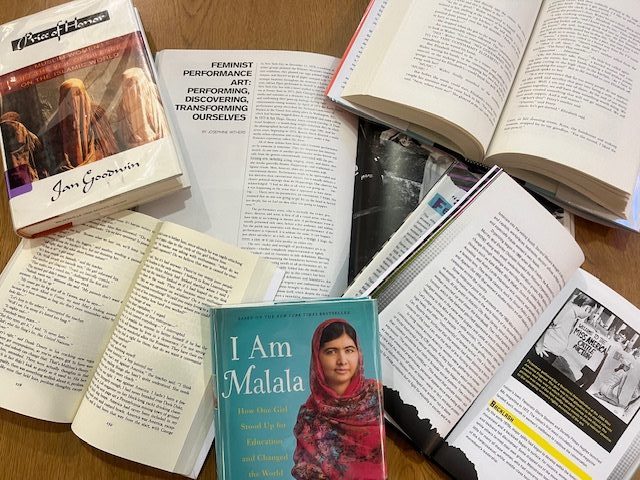Immense improvements in the rights of women and girls all over the world have been made over the last century, although the gap is still wide according to the World Economic Forum. While it would be expected that that trend would continue, in recent years women’s rights have been on the decline in many Middle Eastern countries.
The Taliban, an Islamic terrorist group first gained control of the country Afghanistan in 1991. According to UN Women, they restricted girls from attending school, women from attending work and Afghanis could be exposed to violence such as beatings and lashings if these ruled weren’t followed.
The US military overthrew the Taliban’s control following the 9/11 attacks in New York City. UN News states that troops were eventually withdrawn in 2021, allowing the terrorist group to regain control of Afghanistan’s capital, Kabul.
The Taliban has since then reinstated several of their previous policies for Afghanis to adhere to, many of these rules particularly applying to women and girls in the country.
Girls have been banned from attending school past the 6th grade and there has been a strict dress code implemented, which requires women to wear burqas, a form of traditional veil.
Women are losing their basic human rights such as the right to work and go to school, as they must have a male companion with them to do such things.
Alyssa Hurley, a sophomore at Wilsonville High School, is in disbelief of the restrictions, “I just can’t imagine being subjected to something like that in 2024, it seems like something we would just read about in history class.”
According to The New York Times, the Taliban believes in these policies because they think that Middle Eastern countries have been too westernized, and do not follow a strict enough interpretation of the Islamic religion. They believe women should lead more traditional lives, with little to no education and under the supervision of men.
If women speak up against the conditions they face, they can be subject to imprisonment or violence, including the threat of being shot or beaten, according to NBC News.
Yaamini Aga, a sophomore at Wilsonville is grateful to live without these conditions. “It makes you think about how lucky you are, to live in a country where you don’t have to worry about not being able to go to school and receive an education.”
These strict policies are inhumane and pulling the country backward. Women in Afghanistan already had fewer rights than men before the Taliban took over and are being treated as second class citizens to men.











